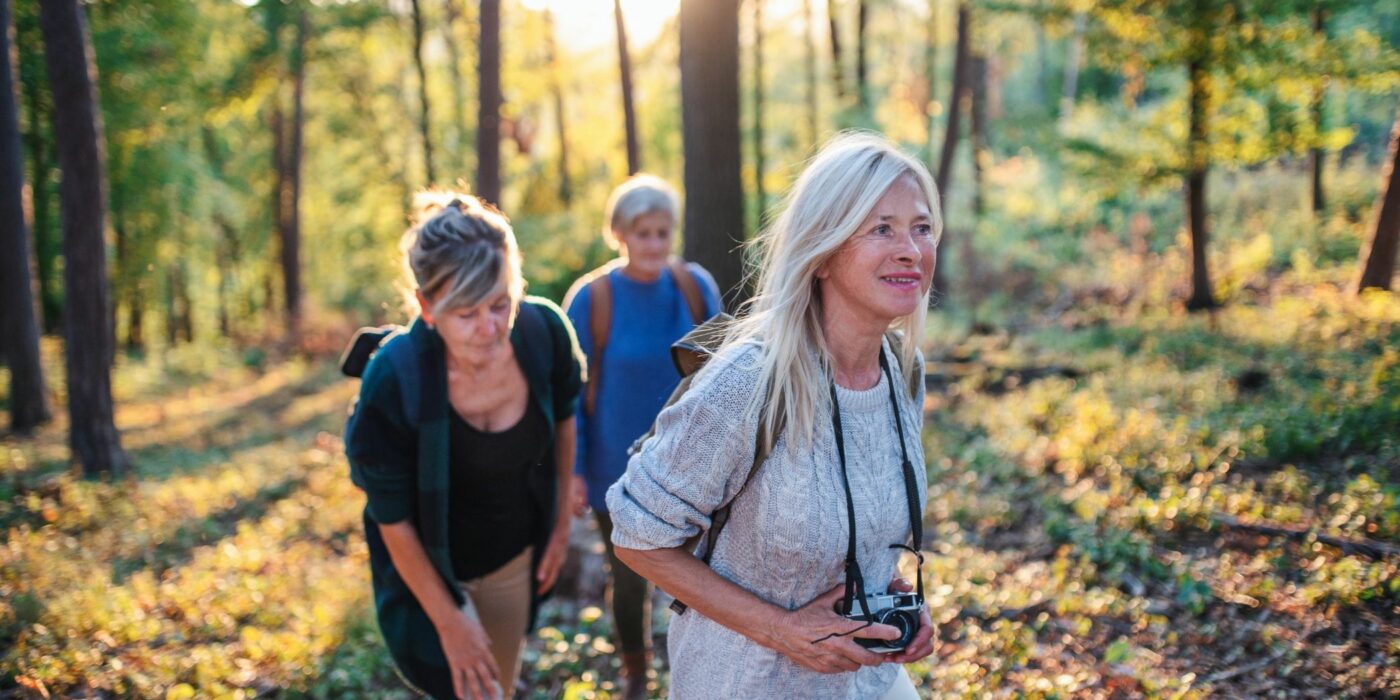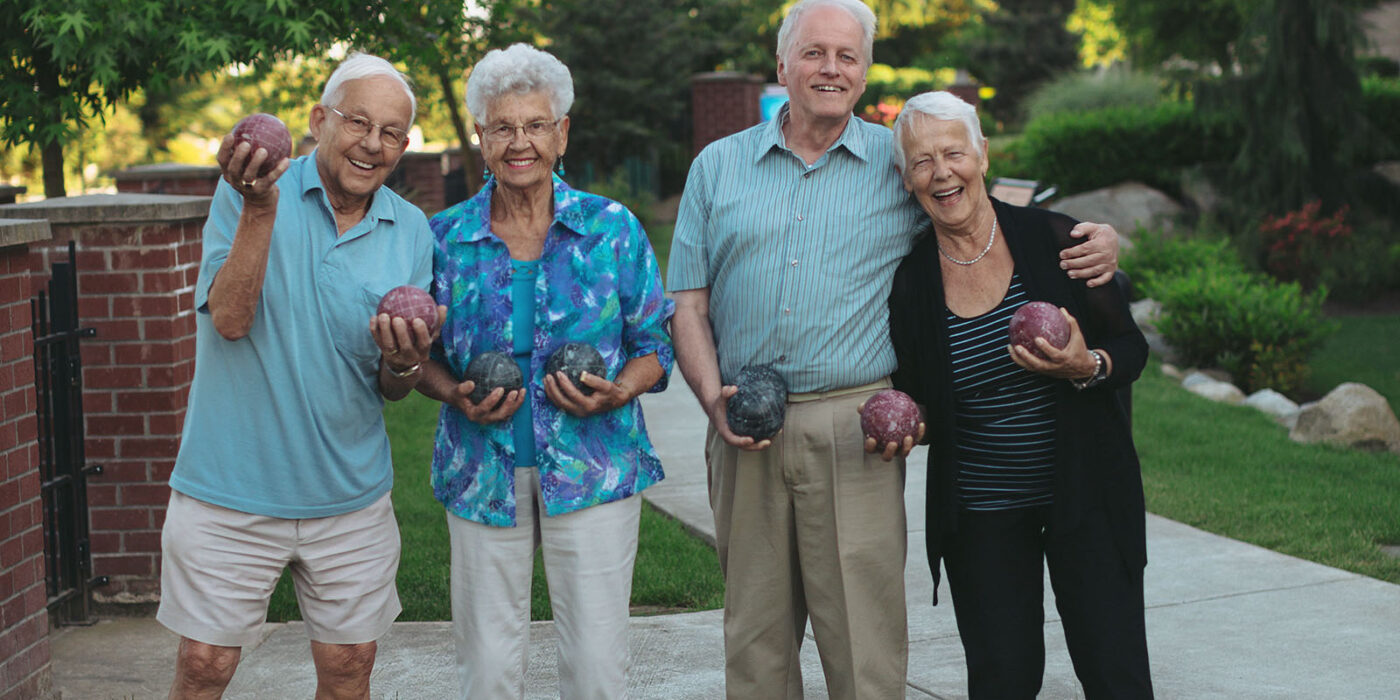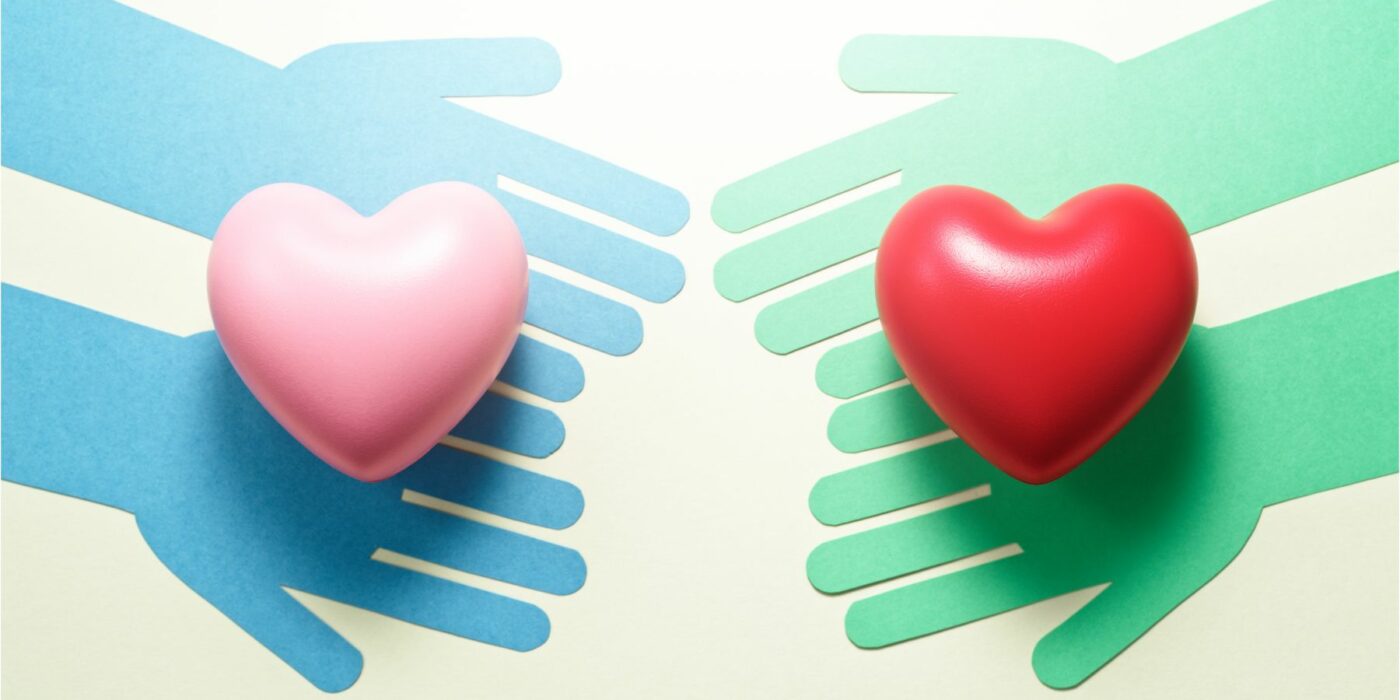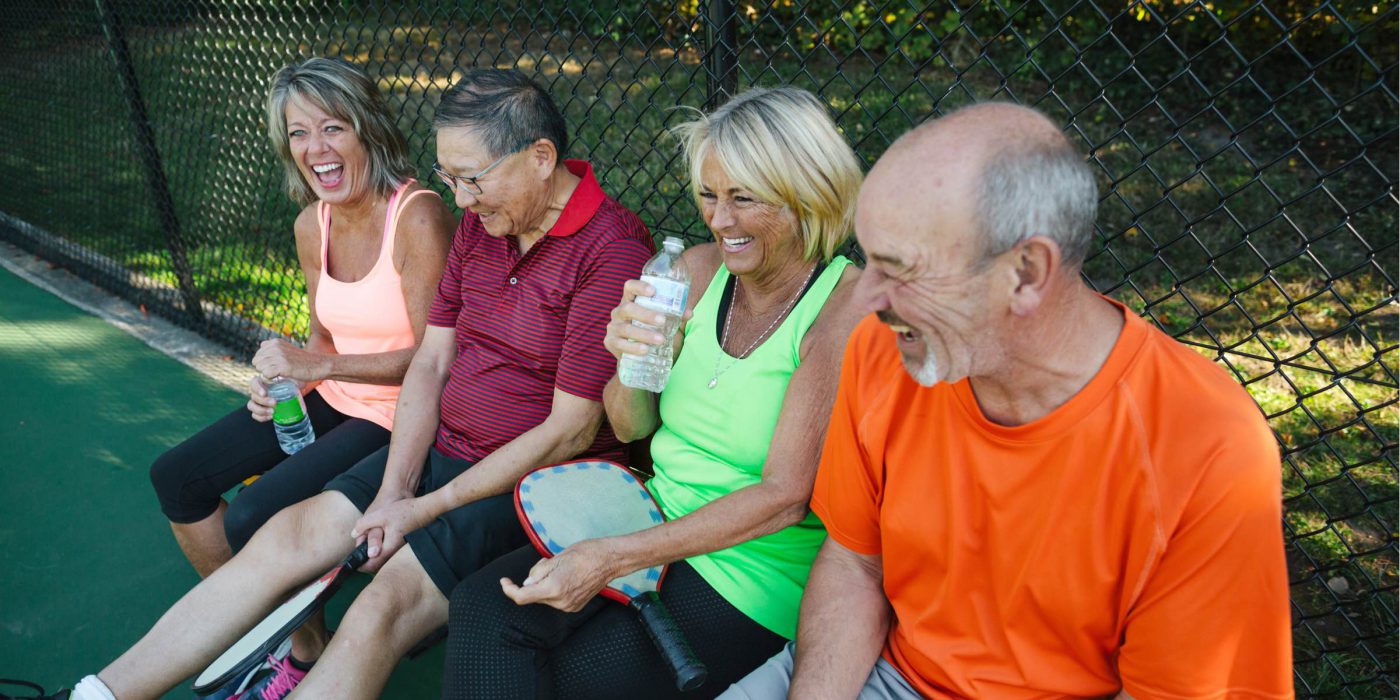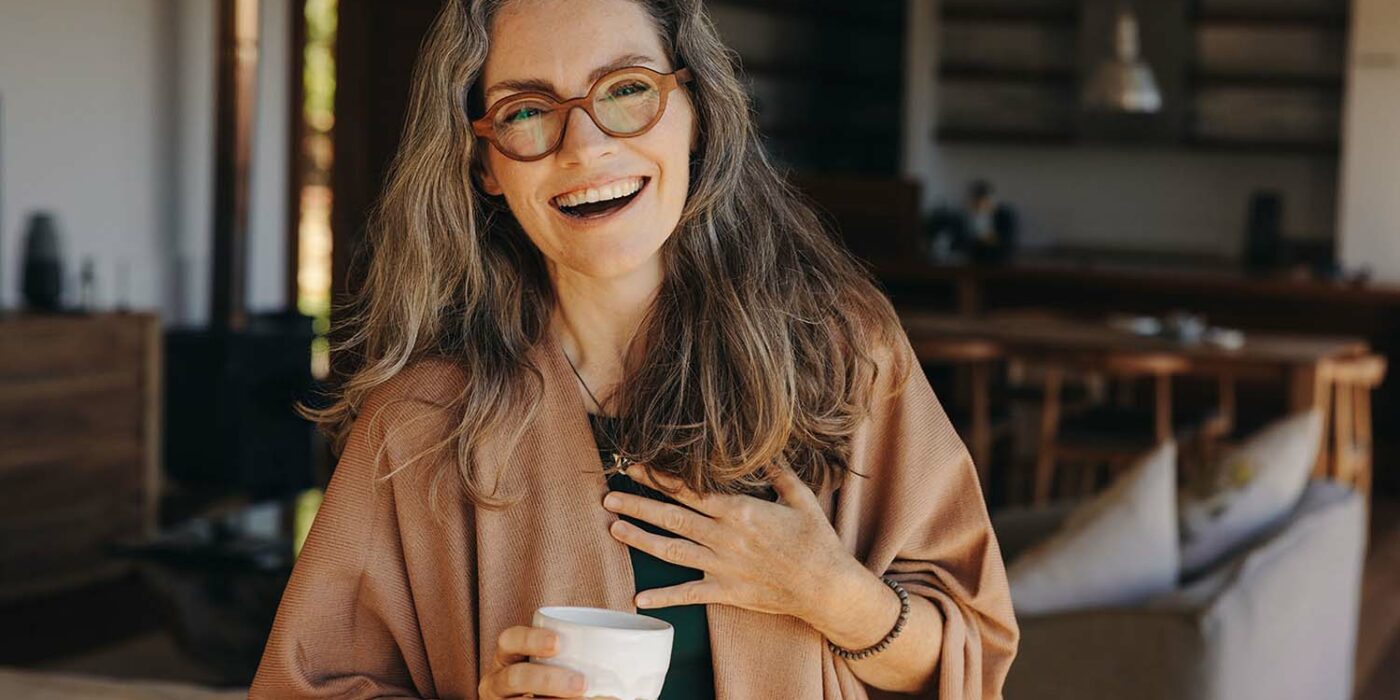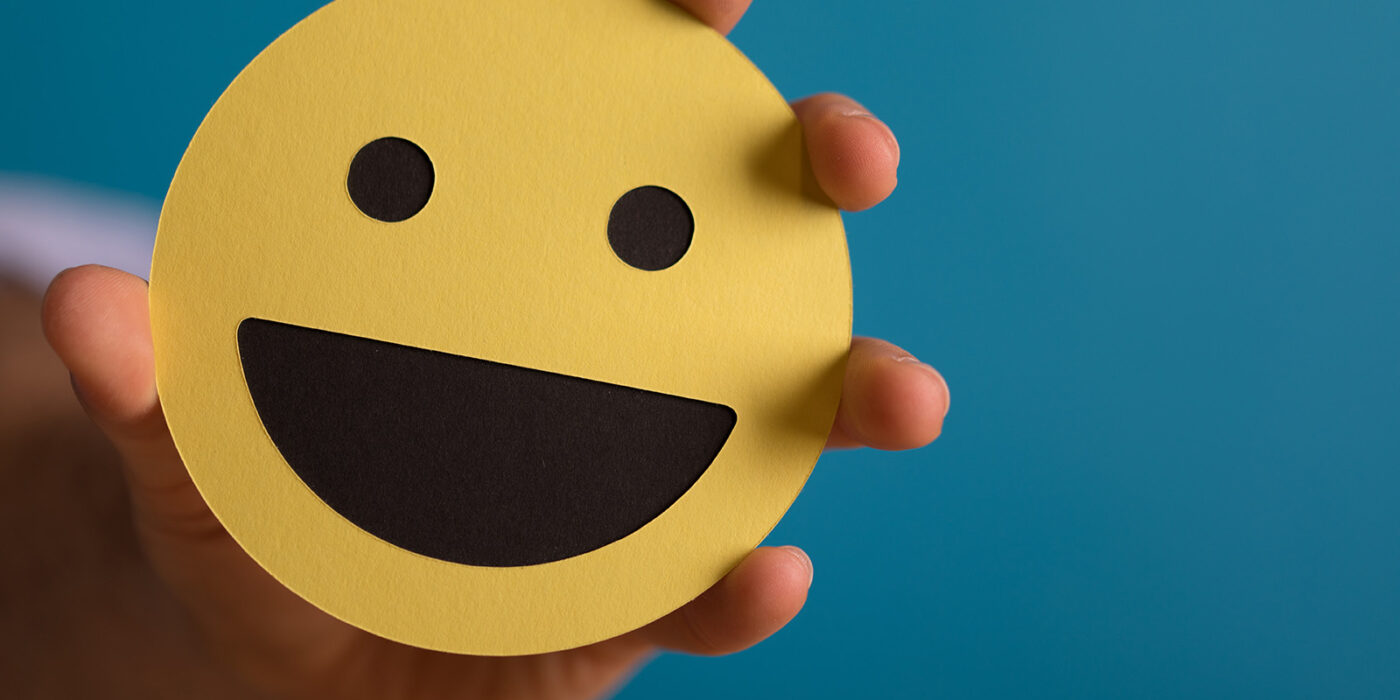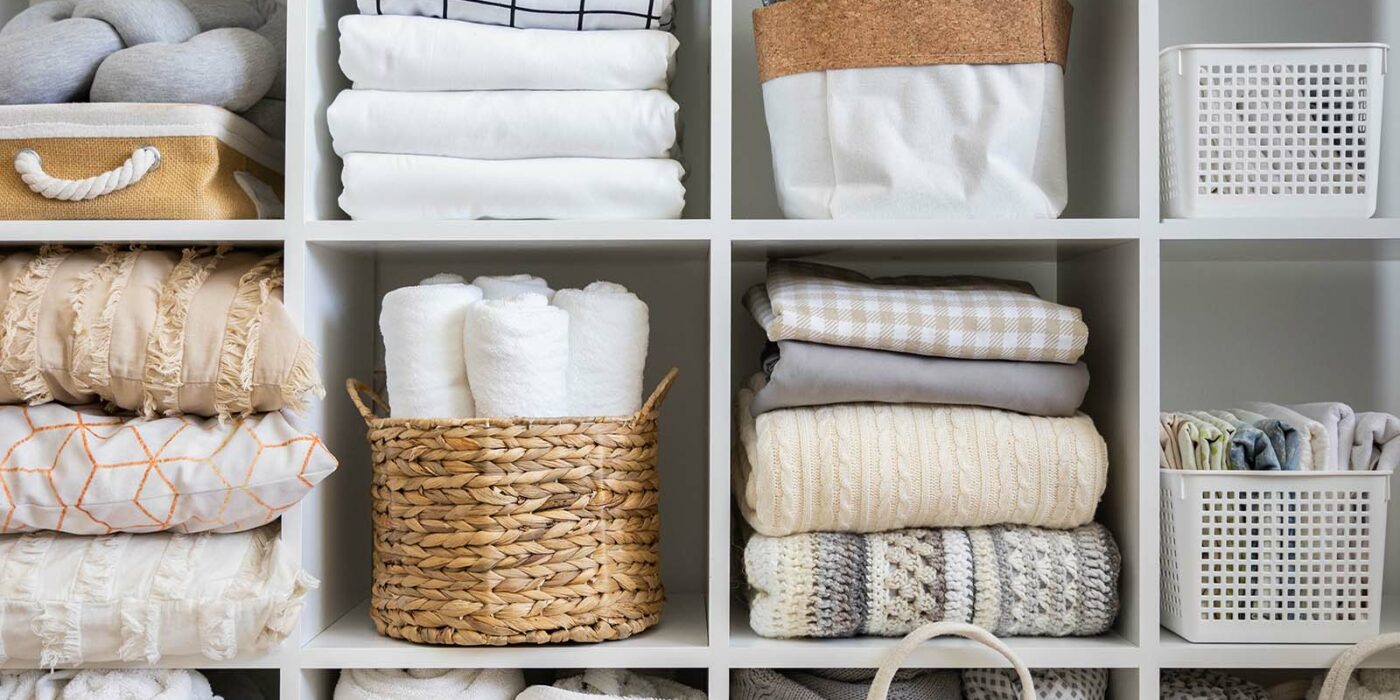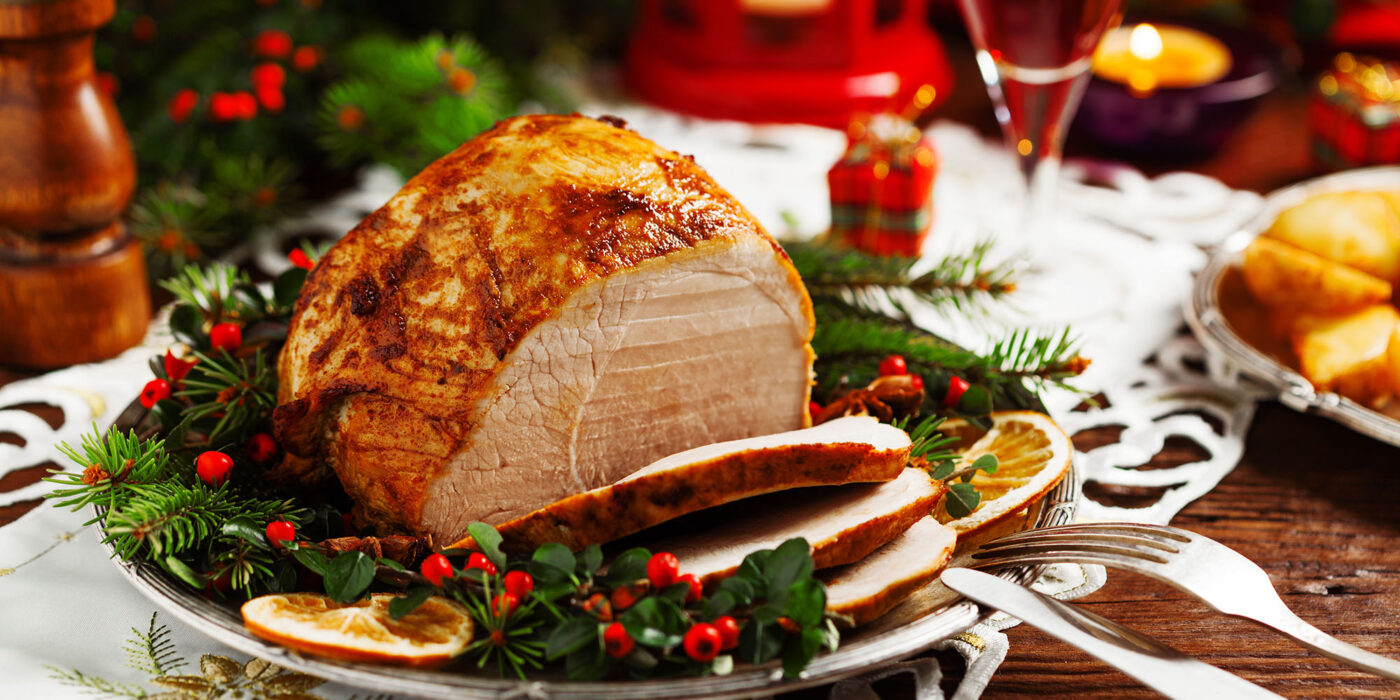The Importance of Having a Healthy Outlook on Life
Are you a glass half full or a glass half empty person? We’ve been conditioned to see glass half full people as optimistic and glass half empty people as pessimistic but why not just put more water in the glass to fill it up? I believe we all have some pessimism, and some optimism in us and it’s our choice to decide how we want to see what’s in the glass. Having a healthy outlook on life means accepting that as humans, we experience the full spectrum of emotions, and we’re responsible for our approach and our response to what happens on this life adventure.
I consider myself to be a practical optimist. I choose to be hopeful and to have faith that even when things appear to be tough, there’s some growth coming out of it. I may be delusional about what’s possible but I’m owning it because I believe we are all capable of great things. I believe we are all capable of calling on courage to move through fear and we are all capable of calling upon kindness and compassion to override judgement of ourselves and others. Despite how I was conditioned to see life, I chose to flip the script and see possibility instead of limits. Every day now I choose to feel empowered instead of feeling like a victim. While I can’t single-handedly shift outcomes for the world, I can shift the outcome for myself and for situations in my corner of the world in part by having a healthy outlook on life.
No doubt, there’s a lot more uncertainty in the world today. I love to understand what’s going on in my life and sometimes, when I don’t have all the information, my mind will fill in the blanks with some worst-case scenarios to prepare me in case things go sideways. That’s because as humans, we’re wired for survival and our thoughts set up imaginary circumstances to protect us. But if those scenarios have no basis in fact and are not true, it’s up to us to manage them wisely.
Fear was so predominant during the Pandemic and in its wake we all have many unanswered questions. Unfortunately, we may never get the answers we’re looking for because some questions don’t have definitive answers. It’s best to accept that uncertainty is part of life and get comfortable being uncomfortable. It’s possible to be hopeful and optimistic without having all the answers.
Because we are wired for survival, it explains why there is so much focus on bad news and why we prefer to stay in our so-called comfort zone. It may not really be comfortable but it’s familiar and familiarity feels safer than the unknown does. When we embrace uncertainty and accept that change is not a bad thing but a sure thing, we open ourselves to a life filled with possibility, where we can choose not to be so hard on ourselves. Having a healthy outlook on life means that we’re softer and more accepting of ourselves and others. It means that we can make space in our daily life to care for ourselves: body, mind, and spirit. We choose to speak softly to ourselves and others instead of being critical. We can give ourselves permission to celebrate whenever we choose courage over fear, and we allow ourselves to make mistakes. We recognize that in fact we can do many things our thoughts previously told us we couldn’t do.
Here are some ideas to consider when it comes to nourishing a healthy mindset.
- Choose to invest your time with people who make you feel energized not drained.
- Watch what you consume in terms of media. It’s important to be informed about what’s going on in the world but being addicted to news can be toxic.
- Be open minded and recognize that every person has their own experiences and their own viewpoint. We don’t all have to agree but we must be respectful.
- Watch complaining in yourself and tolerating it in others. Complaining is a sign that something needs to shift and it’s really a statement about what we don’t want. Determine what you do want and take some small action in that direction.
- Don’t allow fear to lead, instead call on courage to proceed when things feel uncertain.
- Make some form of exercise part of your routine. It helps with freshening the mind and the body.
Let’s go back to the glass half full analogy for a parting thought. If you notice someone in your life seems to have a glass half empty, pour some of your goodness into their glass by doing or saying something kind to comfort them. If you feel that your glass is half empty, open yourself to receiving support from someone who may have a very full glass to share. Being available to receive from others is really a gift we give to them when we’re in a time of need and it takes a healthy outlook on life to recognize that when we receive kindness from others we’re filling their glass too.
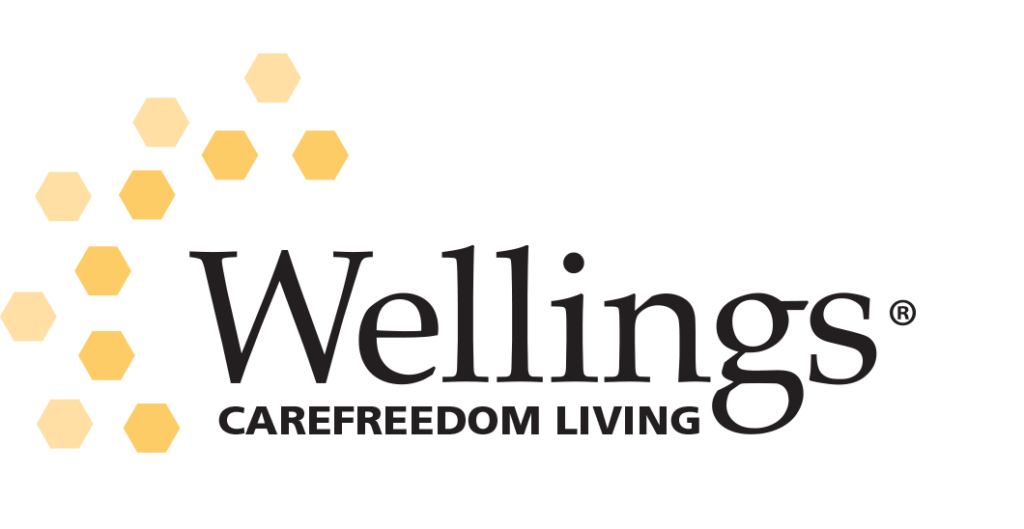
This Wellings blog by Kathie Donovan was exclusively written for Wellings Communities and appeared first on MyWellings.com.


